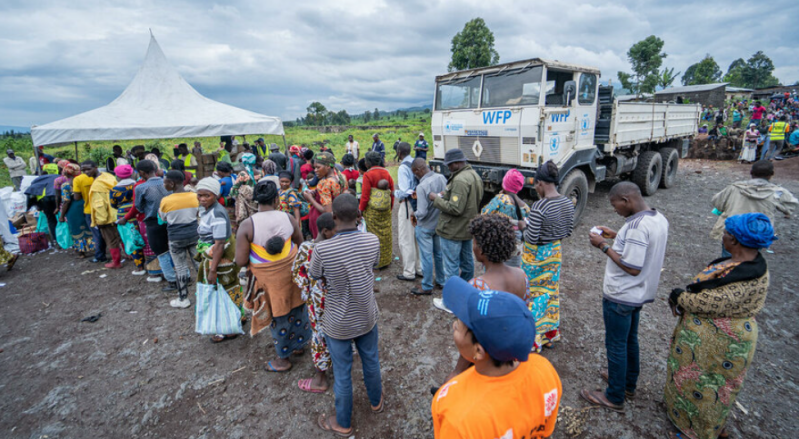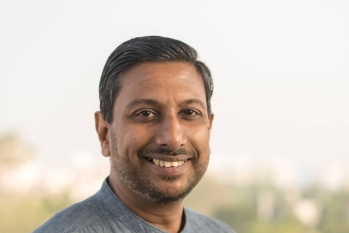
Despite the signing of a peace framework between the DRC Government and M23 rebels, the humanitarian crisis in the Democratic Republic of Congo remains precarious, with lives at stake and thousands still displaced from their homes.
While all parties hope the framework agreement signed in Doha, Qatar on Nov. 15, 2025, will lead to meaningful and lasting peace in the Eastern DRC, the impact of the decades-long conflict continues to be felt among the people.
Speaking to Christian Daily International, the Project Officer of the Union of Baptist Churches of Congo, Prof. Mapenzi Lumeto, said that thousands of people in the conflict areas of North Kivu and South Kivu have been displaced by the war between DRC forces and Rwanda-backed M23 rebels. Many have fled to already overcrowded and under-resourced displacement camps and sites.
“Not only that, it has caused severe food insecurity. This conflict has prevented people from accessing essential supplies and disrupted their farming activities. There has been widespread human rights abuses, including massacres, kidnappings, sexual violence and targeted attacks on civilians and aid workers,” Lumento said.
While the Doha Framework includes eight protocols covering humanitarian access, return and resettlement of displaced people, reintegration of combatants, restoration of state authority in rebel-held areas, national dialogue, political reforms, reconciliation, and compensation mechanisms, the situation remains dire.
"The Framework reaffirms the Parties' shared commitment to addressing the root causes of the conflict through structured dialogue, confidence-building measures, and a phased approach to de-escalation and stabilization," the statement read.
"It further underscores the priority placed on the protection of civilians, respect for human rights, the safe and dignified return of displaced persons, and the advancement of national reconciliation and unity," it continued.
The World Food Programme (WFP) reports that about 25 million people in DRC experience high levels of food insecurity. "This includes an alarming three million individuals who face 'emergency' levels of hunger, a number that is surging and almost double since last year," explained Cynthia Jones, WFP's Country Director for DRC.
"For families, this means skipping meals and depleting all household assets. They're selling off their animals," Jones added.
She noted that in eastern DRC, the conflict has displaced about 5.2 million people, including 1.6 million this year alone. This makes the country one of the world's largest displacement crises.
Without a significant funding boost, the WFP warns of a "total pipeline break" in assistance by March 2026. Emergency food assistance in the eastern provinces would halt completely.
Jones emphasized the WFP needs approximately $350 million to support emergency food and nutrition assistance over the next six months.
Statistics WFP signal even greater danger ahead if peace and humanitarian access aren't achieved soon.
"The overall food security situation will likely worsen over the projection period (January-June 2026) as 26.6 million people (22 percent of the population) face Phase 3 or above. This represents an increase of 1.8 million people compared to the current period. Six additional territories will likely see their situation deteriorate to Phase 4," the Integrated Food Security Phase Classification report warned.
The report emphasized that persistent conflict and population displacement, along with flooding and impact of the lean season, especially in the eastern part of the country, will drive this deterioration. Combined with expected further reductions in humanitarian food aid, vulnerable populations risk slipping into higher levels of acute food insecurity.
Long road after framework deal
Despite peace efforts starting early this year and the recent framework signing, the situation on the ground has not shifted toward de-escalation. Conflict continued even during the truce, reports indicate.
Benjamin Mbonimpa, representing the M23 delegation in Doha, argued the agreement contains "no binding clauses" and will not change "the situation on the ground."
The African Union stressed that stakeholders must implement the signed deal to alleviate the current humanitarian disaster facing parts of the country.
"The African Union urges all stakeholders to uphold the letter and spirit of the Framework, ensure its timely and faithful implementation including through the timely conclusion of the six follow-on protocols," the union stated in response to the Doha Framework signing.






